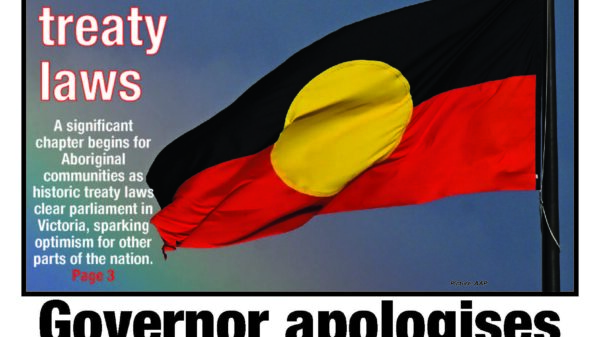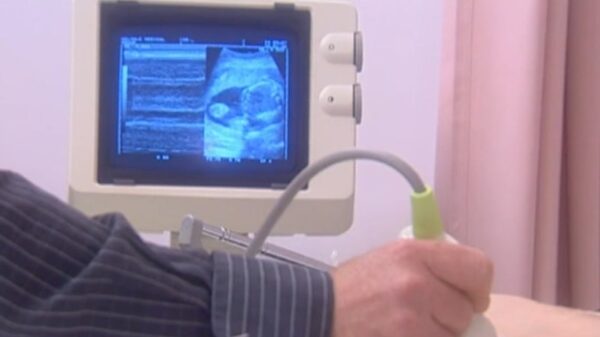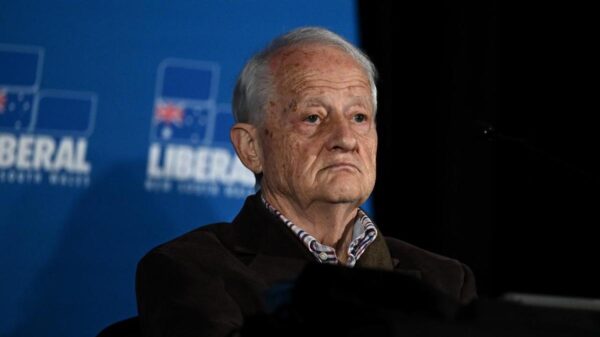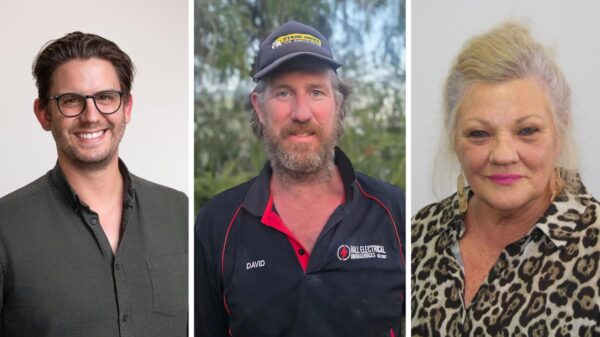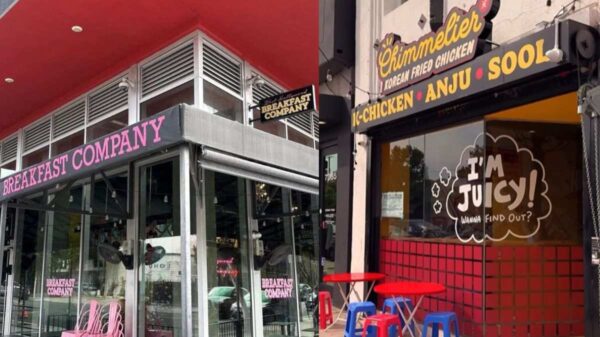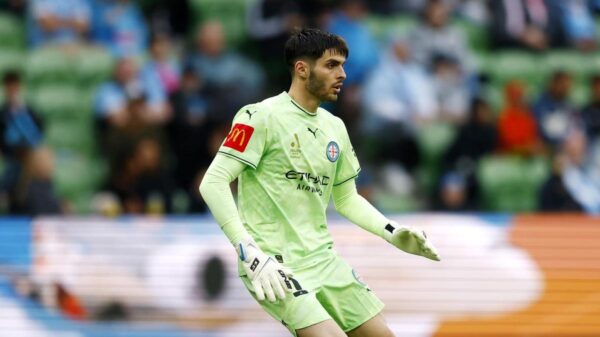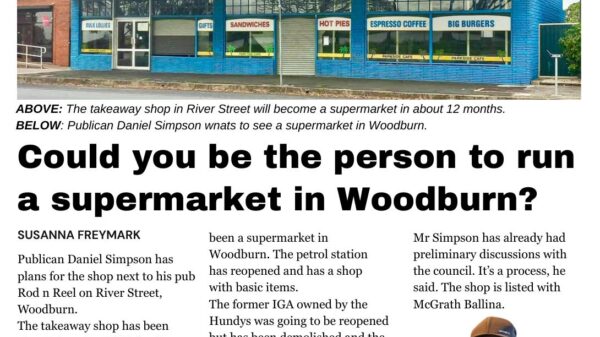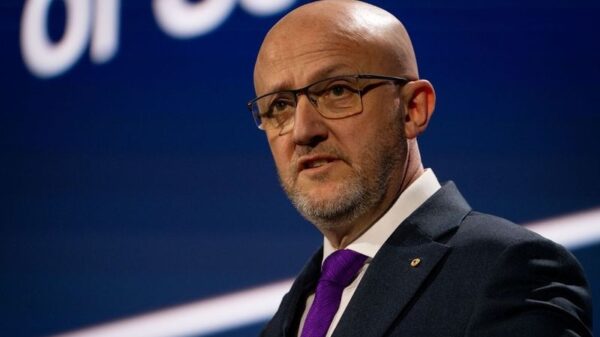Consumer advocacy group Choice has named the Commonwealth Bank as a prominent recipient of its annual Shonky Awards, which highlight unethical business practices. The bank faced criticism for improperly charging fees totaling $270 million to approximately 2.2 million customers, including many low-income earners reliant on government assistance through Centrelink.
An investigation by the Australian Securities and Investments Commission (ASIC) revealed that these customers were on accounts that incurred fees when they should have been automatically switched to suitable low or no-fee options. Despite these findings, the Commonwealth Bank initially resisted refunding the money, only later agreeing to process refunds on a case-by-case basis.
Morgan Campbell, the policy head at Choice, expressed frustration over the situation. He noted, “A few weeks after refusing to pay $270 million in refunds, CommBank celebrated a $10 billion annual profit. It is thumbing its nose at ASIC and at its low-income customers. It’s profit first and everything else second.”
In response to the backlash, the Commonwealth Bank issued a statement indicating that it has since paused some fees for eligible concession customers. “CBA is committed to making banking fair and accessible for customers,” the statement read.
Energy Providers and Other Shonky Winners
Other notable winners in the Shonky Awards included several energy retailers, which were criticized for complicating billing processes during a period of significant energy hardship for consumers. The report found that these companies often rolled out cheaper plans under the same names as existing ones, misleading customers into believing they were already on the more economical options.
Jordan Cornelius from Choice highlighted the issue, stating, “One very simple way to do this would have been to give the new plan a different name, or at least a different version number, but such a customer-friendly approach seems out of character for this industry.”
The health insurer HCF also received a Shonky Award for creating “new” policies that closely resembled existing ones but came with inflated premiums. The health fund defended its practices, claiming these adjustments were necessary for financial sustainability. A spokeswoman for HCF stated, “These changes apply only to new sales and are in full compliance with industry standards and regulations.”
Additionally, the Chinese retailer Temu was flagged for failing to meet safety standards, and a problematic heater was included in the list of dubious products. Choice admitted that its investigation into sunscreens likely warranted inclusion on the list as well, revealing that 16 out of 20 popular sunscreens advertised as SPF 50 or higher did not provide the protection level indicated on their packaging.
As the Shonky Awards shed light on these troubling practices, consumer protection advocates continue to emphasize the importance of transparency and accountability in business, particularly during challenging economic times.




